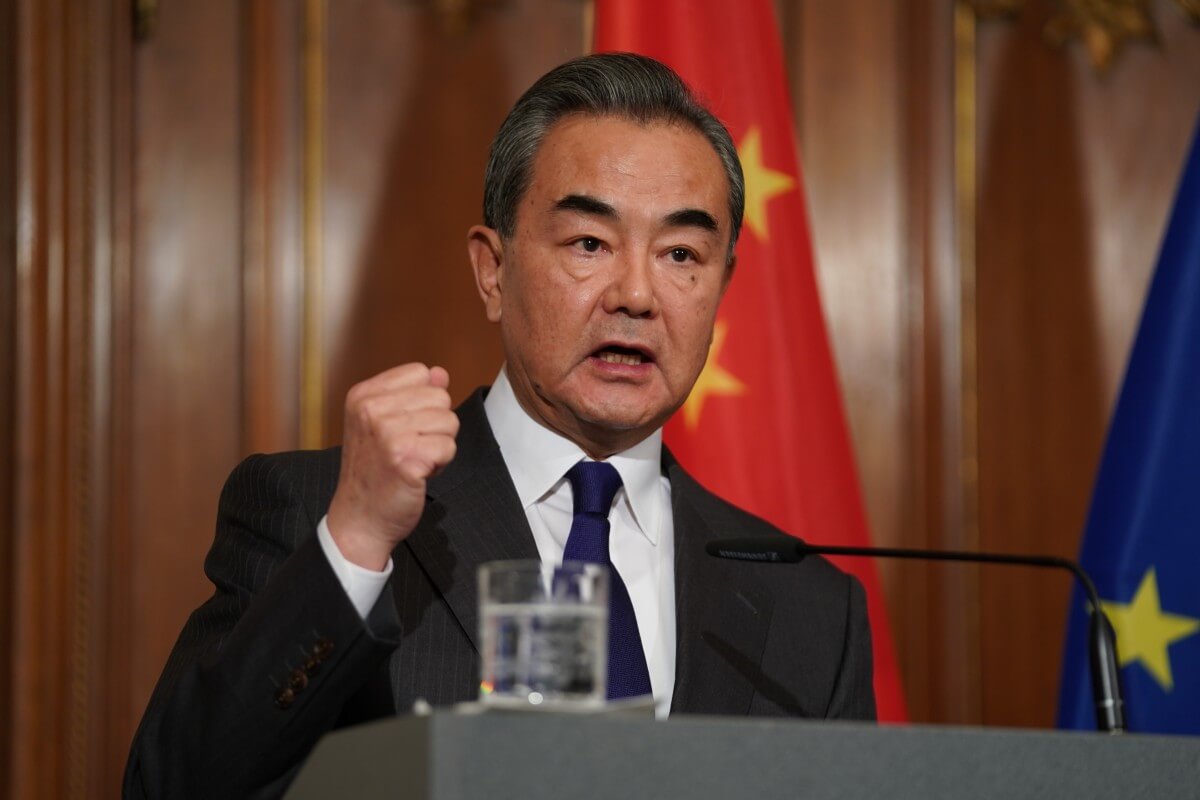On Tuesday, Chinese Foreign Minister Wang Yi hosted his counterparts from Afghanistan, Pakistan, Nepal, Sri Lanka, and Bangladesh for a virtual discussion on ways to “strengthen consensus on solidarity against COVID-19”. Recognising the pandemic as a “common enemy of humankind”, the ministers discussed the need to collaborate in the fight against the virus. This is the fourth multilateral discussion conducted by China with its partners in South Asia on the coronavirus crisis.
In a joint statement released following the discussions, the South Asian ministers appreciated China’s assistance during the pandemic, noting its supply of several types of medical equipment and technical assistance to various nations. Additionally, they highlighted the importance of strengthening cooperation in “poverty reduction, food security, and other non-traditional security fields” and further discussed the need to mutually recognise “digital health codes”.
The leaders also exchanged views on ways to strengthen multilateralism and extended their “firm support” to the World Health Organisation (WHO) in securing “global cooperation” to end the current crisis. They emphasised the importance of tracing the origin of the virus, which they said was a “matter of science and a global mission, and stressed that it was crucial to refrain from “politicising the issue”.
The ministers further highlighted the need to abandon “vaccine nationalism”, arguing that vaccines were a “key weapon to defeat COVID-19”. To this end, they called upon the international community to work towards bridging the “immunity gap” and appreciated China’s efforts in this regard. They applauded Chinese President Xi Jinping’s statement that declared his aim to make the shots “a global public good”.
The countries agreed to set up a “China-South Asian Countries Emergency Supplies Reserve”, along with a China-South Asian Countries Poverty Alleviation and Cooperative Development Centre, and conduct a China-South Asian Countries E-commerce Cooperation Forum on Poverty Alleviation in Rural Areas. The ministers said they would work towards making these mechanisms “inclusive, transparent, sustainable, and demand-driven.”
Following the meet, Nepalese Foreign Minister Pradeep Kumar Gyawali discussed the need for “an enhanced level of regional and international cooperation for COVID-19 response and economic recovery.” Further, he celebrated China’s decision to provide Nepal with additional medical equipment worth RMB 5 million ($772,000). Pakistani Foreign Minister Shah Mahmood Qureshi also spoke of the need for an “equitable and affordable supply of COVID-19 vaccines across the world,” stressing that it was important to collaborate on issues like the “pandemic, poverty alleviation, and disaster relief”.
Before the discussions, Wang Yi had extended an invitation to the summit to “all South Asian countries, including India”. During the talks, Wangi also spoke of China’s willingness to “provide support and assistance” to India. He further expressed regret for the surging COVID-19 cases in the country.
However, India, the Maldives, and Bhutan did not participate in the discussion. This is because of India’s growing rivalry with China in South Asia, with both competing to emerge as the region’s leader. Following the talks, Indian officials said that India had rejected China’s invitation to join the Emergency Supplies Reserve, arguing that India’s efforts in the region had been more than sufficient. Maldives and Bhutan, as close allies of India, have often sided with India against China and refrained from participating in Tuesday’s China-led discussion as well.
Pakistan, Bangladesh, Nepal, Sri Lanka Participate in China-Led Foreign Minister’s Meeting
China, Pakistan, Bangladesh, Nepal, and Sri Lanka discussed the need to establish a “political consensus” to contain the spread of COVID-19 and further “economic and social recovery"
April 29, 2021

SOURCE: EPA-EFE
